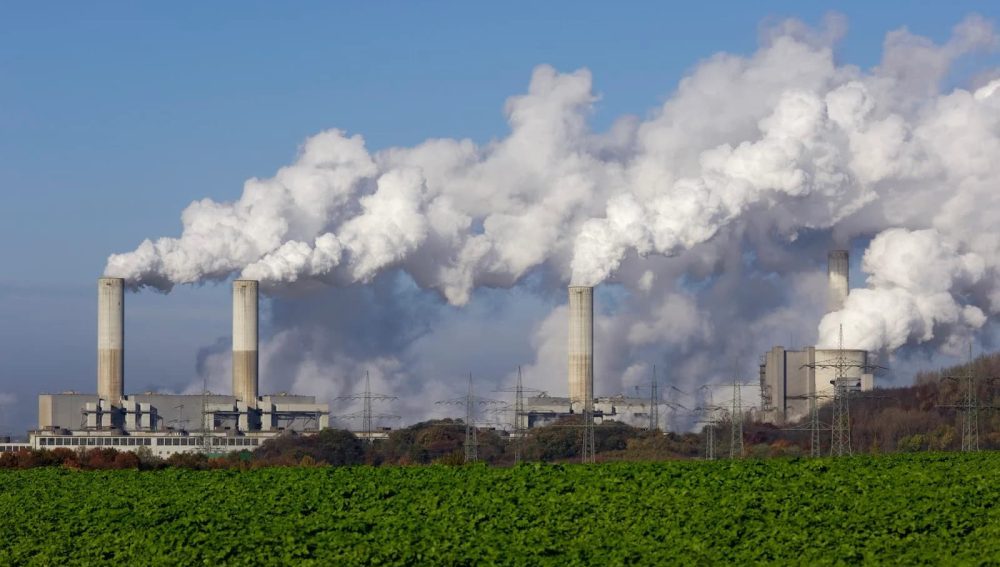Sindh Government’s Initiative for Carbon Credit Sales
The federal government has recently granted approval to the provincial government’s request, allowing the sale of carbon credits from the Indus Delta Mangrove Projects in the international voluntary carbon market until 2042. This decision marks a significant step in Sindh Government’s ongoing efforts to address climate change and promote sustainable development.
Economic and Environmental Benefits of the Mangrove Projects
According to a report by DAWN, these mangrove projects are expected to generate a substantial revenue of $200-220 million (Rs. 57-63 billion) by 2043. Additionally, the projects aim to create 21,000 green jobs and make significant investments in afforestation and the re-vegetation of mangroves. These initiatives will not only contribute to the economic growth of the region but also have positive environmental impacts.
Carbon Trading and Revenue Generation
The Sindh Government has been actively working on the Delta Blue Carbon 1 and 2 projects since 2015 and 2020, respectively, in collaboration with a private entity selected by the department. Notably, the first project has already traded 3.1 tons of carbon dioxide (CO2) in the international voluntary carbon markets, resulting in revenue of $14.7 million.
Sindh Government’s Commitment to Biodiversity and Climate Action
By undertaking the mangrove project, the Sindh government aims to secure a substantial revenue of $200-220 million by 2043 and create 21,000 green jobs. Furthermore, the government is committed to investing in afforestation and the re-vegetation of mangroves, which will have long-term benefits for biodiversity and climate resilience in the coastal areas. In alignment with global climate goals, the government is also taking measures to reduce its greenhouse gas emissions by 55 tons by 2035.
READ MORE: Poisonous Water Incident in Karak District: 20 Female Students Faint in Government School
Selling Carbon Credits and NDCs
To facilitate the sale of these carbon credits until 2042, the Sindh Forest Department (SFD) sought a no-objection certificate from the federal government. This ensures that the carbon credits from the mangrove projects will not be considered part of Pakistan’s Nationally Determined Contributions (NDCs) to the international community until 2043. The provincial government and SFD argue that since these projects were initiated before the NDCs were established in 2021, they should be exempt from contributing to the country’s NDC commitments.
NDCs and the Paris Agreement
Nationally Determined Contributions (NDCs) form a crucial part of the 2015 Paris Agreement, which aims to reduce global carbon emissions by a minimum of 40 percent by 2023 and limit global warming to 1.5 degrees Celsius compared to 1990 levels. The Ministry of Climate Change submitted Pakistan’s NDCs to the United Nations Framework Convention on Climate Change in 2021, outlining the country’s commitments across energy, industry, forests, agriculture, and the transport sector. These commitments constitute 15 percent of carbon credits, equivalent to reducing 240 tons of CO2.
Private Entities and Voluntary Carbon Markets
The Paris Agreement enables private entities to generate carbon credits and trade them with international actors through voluntary carbon markets. However, it is important to note that these credits cannot be counted towards a country’s NDCs. Therefore, private companies engaging in carbon trading must obtain certifications from their respective governments, ensuring that their commitments align accordingly.
Interim Agreement and Future Plans for Carbon Market Policy
While the Ministry of Climate Change is actively working on a carbon market policy and a net-zero framework in collaboration with the World Bank, it is estimated that these initiatives will take an additional two years to materialize fully. To bridge this gap, an interim agreement is currently being developed to facilitate the sale of carbon credits from projects like the Indus Delta Mangrove Projects until a comprehensive policy is in place.
In conclusion, the approval by the federal government to sell carbon credits from the Indus Delta Mangrove Projects to the international voluntary carbon market until 2042 is a significant milestone in Sindh Government’s sustainable development efforts. The economic benefits, job creation, and environmental impact of these projects highlight the potential of mangroves in contributing to both local and global climate action. The interim agreement and future carbon market policy will further facilitate and streamline carbon trading initiatives, ensuring continued progress towards a greener and more sustainable future.




